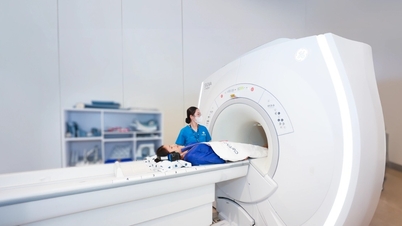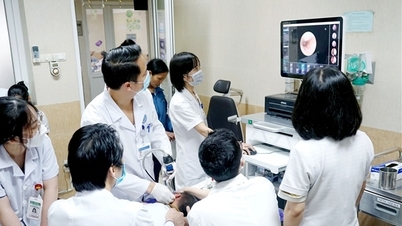Late puberty has many causes from genetics to pathology, and may require intervention for optimal brain and physical development.
Puberty is the process by which a child's body changes into that of an adult. Most girls begin puberty between the ages of 8 and 14, and boys between the ages of 9 and 15. If a child does not experience any physical changes at this age, puberty is likely to be delayed.
Symptom
Girls can start to show signs of puberty as early as age 8. The main changes in their bodies include breast development, growth in height, pubic and armpit hair, the beginning of menstruation, wider hips, and the appearance of curves. Most girls start to show these signs before age 14, and if they don't, they have delayed puberty.
Changes during puberty in boys include an enlarged penis, growth of facial, underarm and pubic hair, rapid growth in height, broader shoulders and muscle development, and voice changes. A boy has delayed puberty if he does not show these signs by age 15.
Reason
Family : If a parent has late puberty, the condition may also occur in the child.
Endocrine : The pituitary gland does not secrete hormones to stimulate the ovaries or testicles. Estrogen or testosterone is not produced and puberty is delayed.
Chronic diseases : Cystic fibrosis, diabetes, kidney disease, asthma, celiac disease, and others can cause delayed puberty. Proper treatment can control the disease and help puberty progress.
Malnutrition : Not eating enough, a diet poor in nutrients can reduce growth. Excessive physical activity, eating disorders or an unbalanced diet can also cause delayed puberty.
Genetic disorders : Chromosomal disorders such as Turner syndrome and Klinefelter syndrome can prevent or delay puberty.
Other causes include chemotherapy or radiation therapy, disease or surgery on the ovaries or testicles, metabolic disorders such as galactosemia. Certain medications can also delay this process.

Girls usually reach puberty between the ages of 8 and 14, and boys between the ages of 9 and 15. Illustration: Freepik
Treatment
The doctor will perform a complete physical examination and perform some tests, including bone X-rays, in the case of delayed puberty. If an underlying medical cause is found, treatment of that cause is usually successful.
At this stage, children need a scientific diet, exercise, and rest regimen, and can increase their height by 8-12 cm per year. After that, the child's growth rate gradually decreases.
A healthy diet helps children develop well and reduces the risk of chronic diseases in adulthood. Parents need to supplement their children with a variety of nutrients from food after determining the level of micronutrient deficiency or excess in children, with appropriate instructions from a doctor.
Most children with delayed puberty achieve normal height and physical development as adults, but some also have mental health problems.
Le Nguyen (According to WebMD )
Source link


![[Photo] General Secretary To Lam attends the ceremony to celebrate the 80th anniversary of the post and telecommunications sector and the 66th anniversary of the science and technology sector.](https://vphoto.vietnam.vn/thumb/1200x675/vietnam/resource/IMAGE/2025/9/29/8e86b39b8fe44121a2b14a031f4cef46)
![[Photo] Many streets in Hanoi were flooded due to the effects of storm Bualoi](https://vphoto.vietnam.vn/thumb/1200x675/vietnam/resource/IMAGE/2025/9/29/18b658aa0fa2495c927ade4bbe0096df)

![[Photo] General Secretary To Lam receives US Ambassador to Vietnam Marc Knapper](https://vphoto.vietnam.vn/thumb/1200x675/vietnam/resource/IMAGE/2025/9/29/c8fd0761aa184da7814aee57d87c49b3)
![[Photo] National Assembly Chairman Tran Thanh Man chairs the 8th Conference of full-time National Assembly deputies](https://vphoto.vietnam.vn/thumb/1200x675/vietnam/resource/IMAGE/2025/9/29/2c21459bc38d44ffaacd679ab9a0477c)


































































































Comment (0)